As an Amazon Associate I earn from qualifying purchases.
Podcast: Play in new window | Download
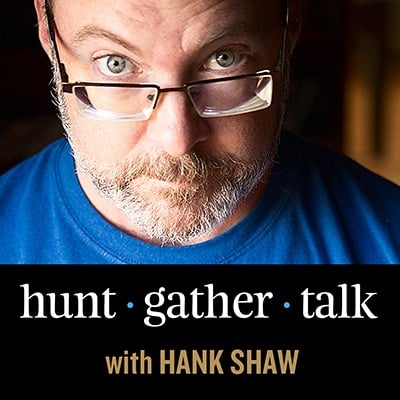
If you don’t know him, Brad is a Michelin-starred chef based in New York whose food is at once innovative and easy-to-eat. His main restaurant, Public, is joined by Saxon & Parole and two more casual places, all in NYC. He’s been on lots of TV shows, including Food Network’s The Next Iron Chef. But besides all the accolades, I wanted to talk with Brad because no one is better at presenting odd cuts of meat in ways that a jaded and skeptical New York dining crowd not only will like, but will come to his restaurants specifically to eat.
He and I met in 2010 at the International Association of Culinary Professionals conference, and have been friends ever since. It was at that conference where I saw Brad make a liver dessert. I know, right? It was a liver creme caramel, and I set out to replicate it here on Hunter Angler Gardener Cook. (Here is my version.) In turn, he still makes my 24-hour, slow-cooked gizzards. Every time we talk, we each get cool new ideas.
One of those we walk about that I suspect Brad might try in his restaurants is crispy fish skin chicharrones. We also talked about making Alpine blood noodles, a specialty of Northern Italy, blood sausages, and blood pudding, which we have decided to rename “blood loaf.” (OK, that was a joke. Maybe.)
We also talked about a few key books you might want to pick up, including British Chef Fergus Henderson’s The Complete Nose to Tail, New York Chef April Bloomfield’s A Girl and Her Pig: Recipes and Stories
, and that fantastic pasta book by Oretta Zanini, Encyclopedia of Pasta
.
I hope you get inspired to work with the “fifth quarter” after listening to this week’s episode. And, as always, if you want to listen to more episodes of the podcast, they can be found here.
Enjoy this week’s podcast, and, as always, if you like it, please subscribe and leave a review. It helps me a lot. Thanks!
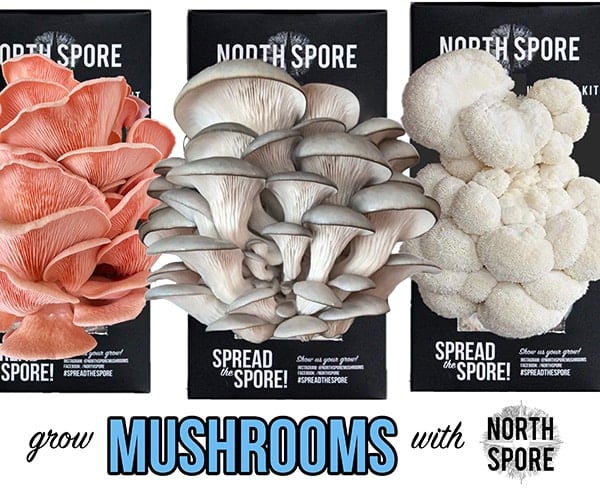
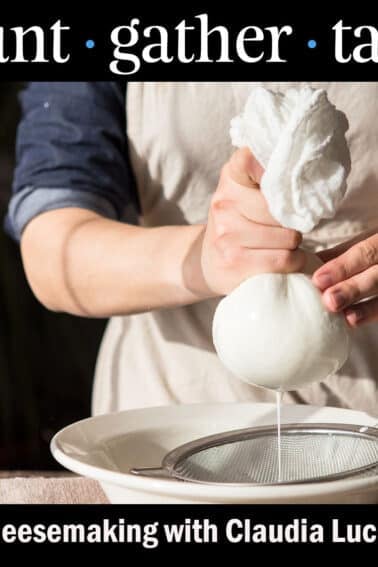
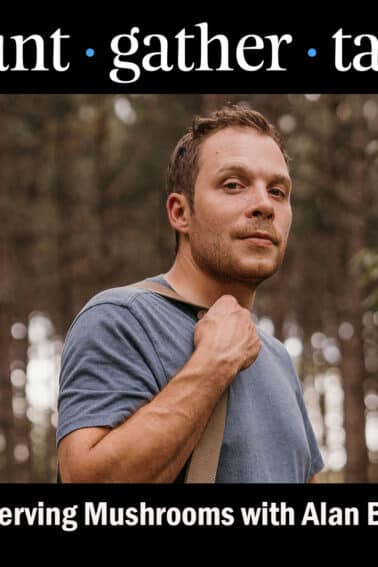
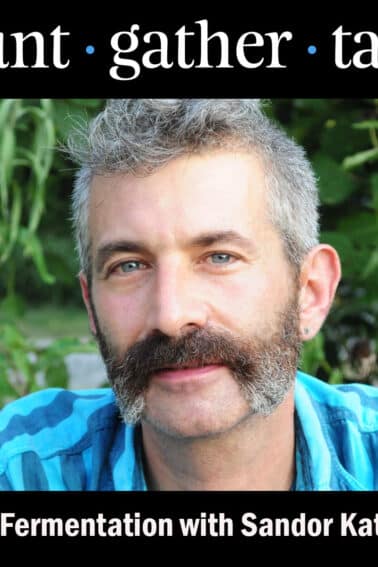

I sent my wife the following txt from my tree stand at 5:00 pm:
…”day 2, haven’t seen a deer….solunar window max out at 5:04 I’m ready to quit!” Her response: … “Save the heart and liver” … at 5:06 I killed a fat doe
We just finished an incredible Peruvian Anticuchos de Corazon dinner with grilled peppers and Brussels sprouts using the guidance of Buck Buck Moose.
THANKS!
Awesome! Thanks for getting back. I was already planning on ordering it as well as buck, buck, moose. Will make sure to in time for hunting season!
I really enjoyed this episode. They’re all good, but I enjoyed this one in particular because I’m always looking for new ways to work with the game I harvest. I’ve tried a few dishes with tongue and heart with varying degrees of success, but I’m set to get a moose draw this year and listening to you and Brad talk inspired me to take as much of the offal as will be practical. In the episode you had mentioned that it’s important to give the offal attention first, before the meat, due to the possibility of spoilage. Do you have any tips for preserving organs in the field, or do I pretty much just need to try and get it all on ice as soon as I can? Also, I have a question about a particular recipe. My grandpa used to have a kind of liver sausage called liverwurst, or leberwurst, that I remember eating on crackers when I was young. Do you have any experience with this type of sausage, and if so, do you think it would be practical to make from moose or deer liver? Thanks!
Joshua: Thanks for the kind words! Your best bet is to get the offal on ice ASAP. Barring that, at least cool it as much as possible. Remember, you are almost always going to soak/brine or cook for a long time the offal, with the exception of the heart, so you can wash in a cool stream no problem. As for liverwurst, I do have a good version of that sausage in my duck and goose cookbook: https://www.amazon.com/Duck-Goose-Ultimate-Cooking-Waterfowl/dp/1607745291/ref=pd_sim_14_1?ie=UTF8&dpID=61ZD52aqGUL&dpSrc=sims&preST=_AC_UL160_SR143%2C160_&refRID=2V63Z85NHCMZPWA335PD And yes, you can make it with moose or deer liver no problem.